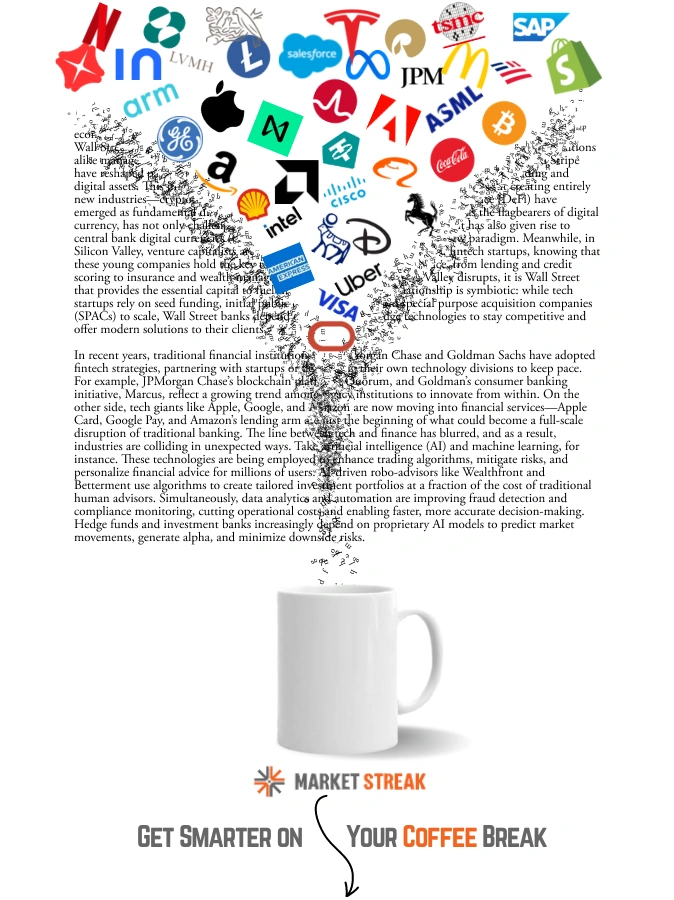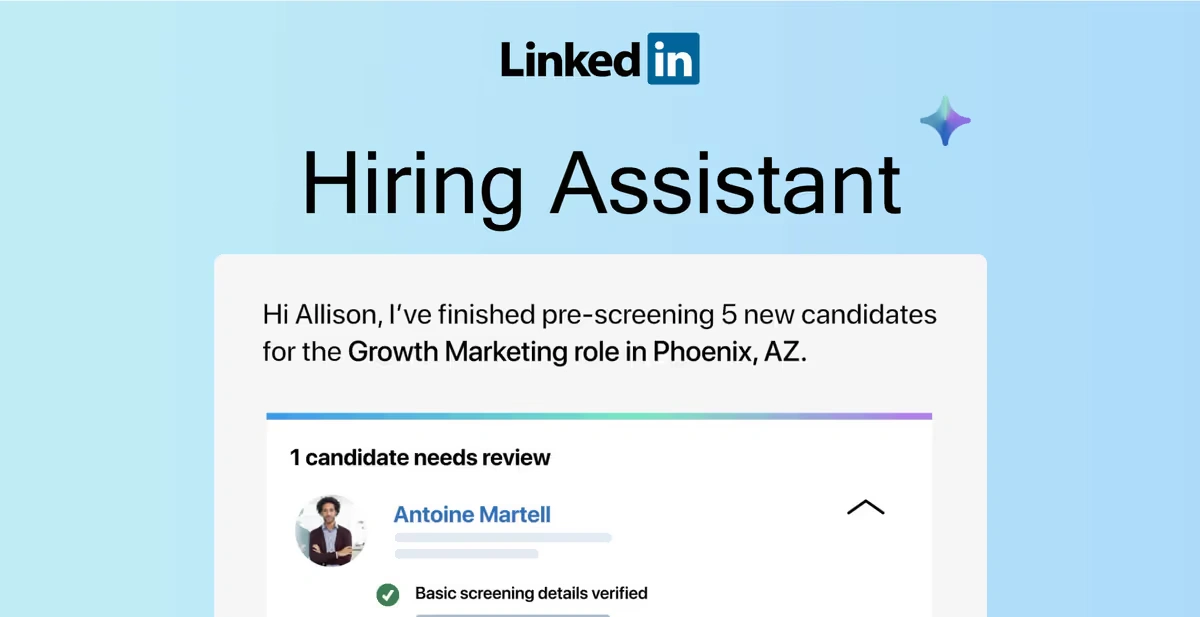Mergers and Acquisitions
Genomics
Antitrust
DNA Testing

Mergers and Acquisitions
Genomics
Antitrust
DNA Testing
The consumer DNA testing market, once a booming sector, is experiencing a slowdown in sales of at-home kits. This downturn has significantly impacted companies like 23andMe, leading to a reevaluation of strategic options. Meanwhile, industry leader Ancestry.com, while reporting a recent sales uptick, has publicly acknowledged the significant challenges involved in acquiring its main competitor, 23andMe. Antitrust concerns loom large, making a merger unlikely.
Antitrust Concerns Dominate Acquisition Discussion
Ancestry.com's Chief Legal Officer, Greg Packer, recently addressed the possibility of acquiring 23andMe in an internal meeting. He stated explicitly that such a move would likely face insurmountable hurdles due to intense regulatory scrutiny. Packer emphasized that the Federal Trade Commission (FTC) would almost certainly view a merger between the number one and number two players in the market as creating a monopoly, stifling competition, and potentially harming consumers. The highly concentrated nature of the consumer DNA testing market, with Ancestry and 23andMe holding dominant positions, significantly increases the likelihood of antitrust action.
The FTC's role in mergers and acquisitions is crucial. The agency’s mandate is to prevent anti-competitive mergers and practices that harm consumers. A merger between Ancestry and 23andMe would eliminate a significant competitor, potentially leading to higher prices, reduced innovation, or less choice for consumers. The FTC would thoroughly investigate any proposed merger to determine its potential impact on market competition.
23andMe's Recent Turmoil
Founded by Anne Wojcicki, 23andMe went public in 2021 through a merger with a special purpose acquisition company (SPAC). This initial deal valued the company at $3.5 billion. However, the company's stock value has since plummeted by a staggering 98%, primarily due to the declining demand for consumer genetic testing kits. This dramatic drop in valuation has prompted a significant shift in 23andMe’s strategy. Wojcicki has publicly stated that she is no longer considering outside acquisition offers and is instead pursuing a path to take the company private. Further solidifying this strategic shift, all independent board members resigned last month.
This internal restructuring at 23andMe suggests a company focused on internal solutions and navigating the current market challenges independently, making an acquisition by Ancestry even less probable. The significant decline in their valuation and the internal changes significantly alter the landscape of any potential deal.
Ancestry's Position and Strategic Considerations
Ancestry.com, under the leadership of CEO Deborah Liu, holds a commanding position in the consumer genealogy market. The company boasts over $1 billion in annual revenue, making it the industry leader. A majority stake in Ancestry is held by Blackstone Group, a private equity firm, highlighting the company's financial strength and stability. This strong financial foundation, combined with their market dominance, provides Ancestry with a solid position in the market, even without an acquisition.
Ancestry's Chief Operating Officer, Howard Hochhauser, expressed skepticism about pursuing a merger with 23andMe, even if regulatory hurdles were overcome. Hochhauser emphasized Ancestry's superior product and extensive database of genetic information. Ancestry possesses a database containing genetic information from over 25 million users—a valuable asset for both genealogical research and genetic studies. This massive dataset gives Ancestry a competitive edge in the market, reducing the perceived need for a merger to expand data resources.
The Value of Data and the Future of the Market
A merger between Ancestry and 23andMe would theoretically create a combined entity with an unparalleled amount of genetic data, potentially leading to advancements in genetic research and personalized medicine. However, the potential benefits of consolidating data are overshadowed by the significant antitrust risks and the recent strategic shift within 23andMe.
The current market downturn for at-home DNA testing kits presents significant challenges for both companies. The reduced consumer demand necessitates a focus on internal strategies to improve profitability and competitiveness. Both companies are likely to concentrate on enhancing their products, refining marketing strategies, and potentially exploring new market segments to regain growth.
While a merger between Ancestry and 23andMe could potentially yield significant benefits in terms of data consolidation and research opportunities, the formidable antitrust obstacles and 23andMe's recent strategic pivot make such a union highly improbable. The FTC's intense scrutiny of mergers that could lead to monopolies makes it unlikely that a merger of this magnitude would be approved. Both companies appear committed to independent paths, focusing on navigating the current market conditions and strengthening their individual positions within the evolving consumer DNA testing landscape. The future of the market will depend on their success in adapting to the changing demand and innovating within a competitive, yet increasingly concentrated, industry. The focus will remain on internal growth and overcoming the challenges presented by a cooling market rather than on external mergers.
SHARE



news
30th October 2024


news
30th October 2024

news
30th October 2024

news
30th October 2024


news
30th October 2024

news
30th October 2024

news
30th October 2024